
Sign in to your Collider account
From the very first Academy Awards ceremony in May of 1929, the Oscar for Best Actress in a Leading Role has been given out to a particular year's most outstanding performance by a female thespian. More often than not, these performances go down in cinematic history as some of the best of all time, giving the winners' careers a big push if they know how to harness it. Indeed, some of the most memorable wins from the Oscar ceremony often come from the Best Actress category, whether it's Meryl Streep in Sophie's Choice or Cher in Moonstruck. The most nominated actress in the category's history is Streep (with 17 nods), while the most decorated one is Katharine Hepburn (with 4 wins).
However, every decade, there's bound to be an Oscar-winning female lead performance that sticks out like a sore thumb among the others. Whether it's a strong portrayal that just happened to be stuck in a decade full of stronger powerhouse turns, such as Ingrid Bergman in Anastasia, or a victory stained by time, like Gwyneth Paltrow's in Shakespeare in Love, these pieces of acting just couldn't manage to stand out. And unfortunately, these Best Actress Oscar winners have aged rather poorly all around.
1 1920s: Mary Pickford
'Coquette' (1929)
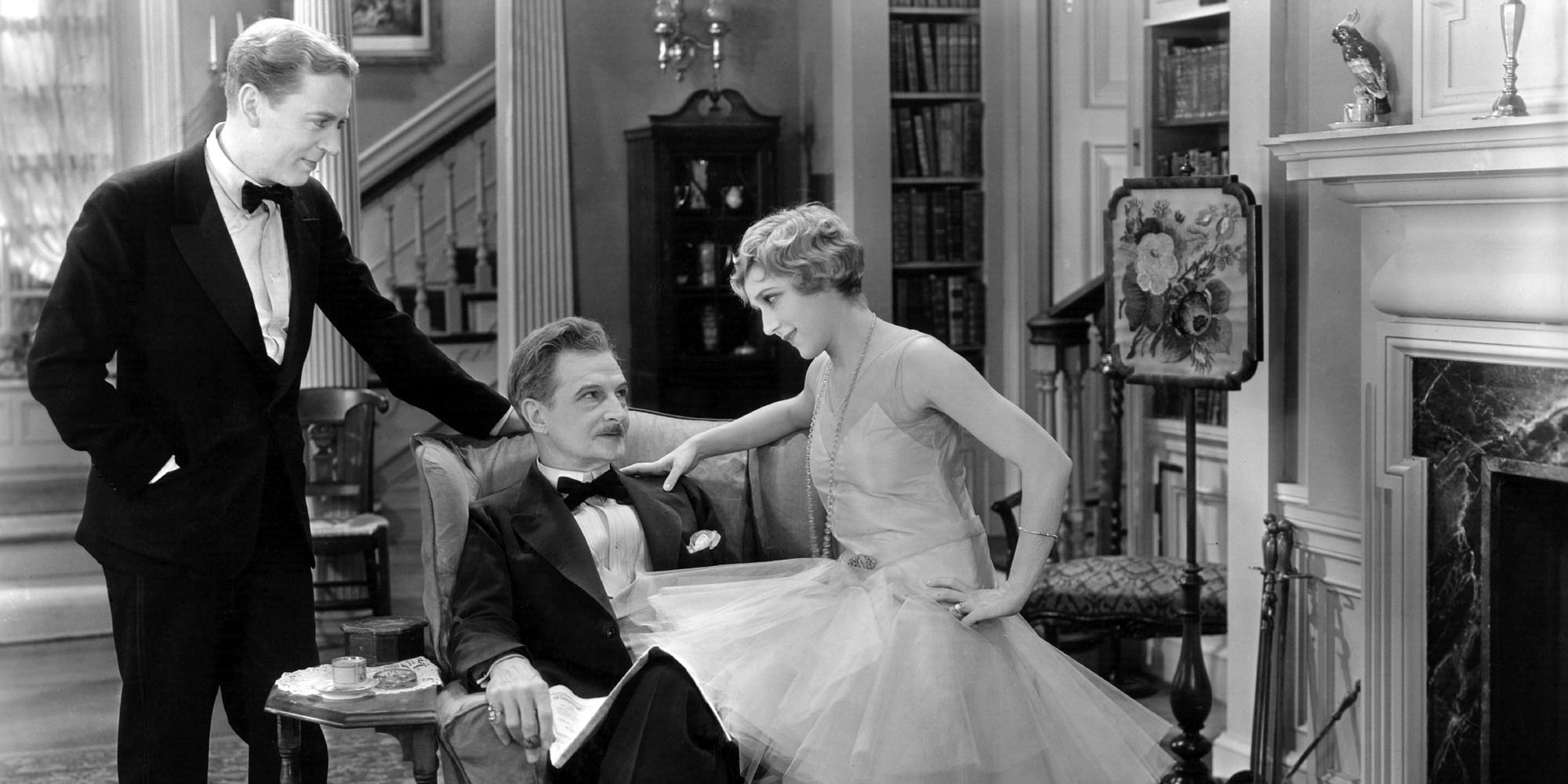 Image via United Artists
Image via United Artists Sam Taylor's Coquette is actually one of the lowest-rated Oscar-winning movies on Letterboxd, and it frankly isn't hard to see why. This romance drama about a flirtatious Southern belle who's compromised with one of her suitors, bringing tragedy into the picture, is a dull and forgettable film with one of Mary Pickford's weakest performances in the lead. As legendary an actress as she definitely is, Pickford was one of the unfortunate silent film stars whose transition to sound (this was her very first talkie) turned out to be more of a detriment to her career than a boost.
Pickford, co-founder of the Academy of Motion Picture Arts and Sciences (AMPAS) that gives out the Oscars, was one of the most important figures of pre-Code Hollywood. She offered plenty of outstanding performances throughout her career, but Coquette wasn't really one of them. The actress's first talking role sadly didn't suit her at all. Her line delivery feels off, and the script never gives her a chance to truly shine. Pickford is also among the earliest cases of an actor heavily campaigning for the Oscar, proving that this controversial practice has been around as long as the Academy itself. The actress would go on to only star in four more talking films, able to see that the changing technology had brought forth the twilight of her stardom.
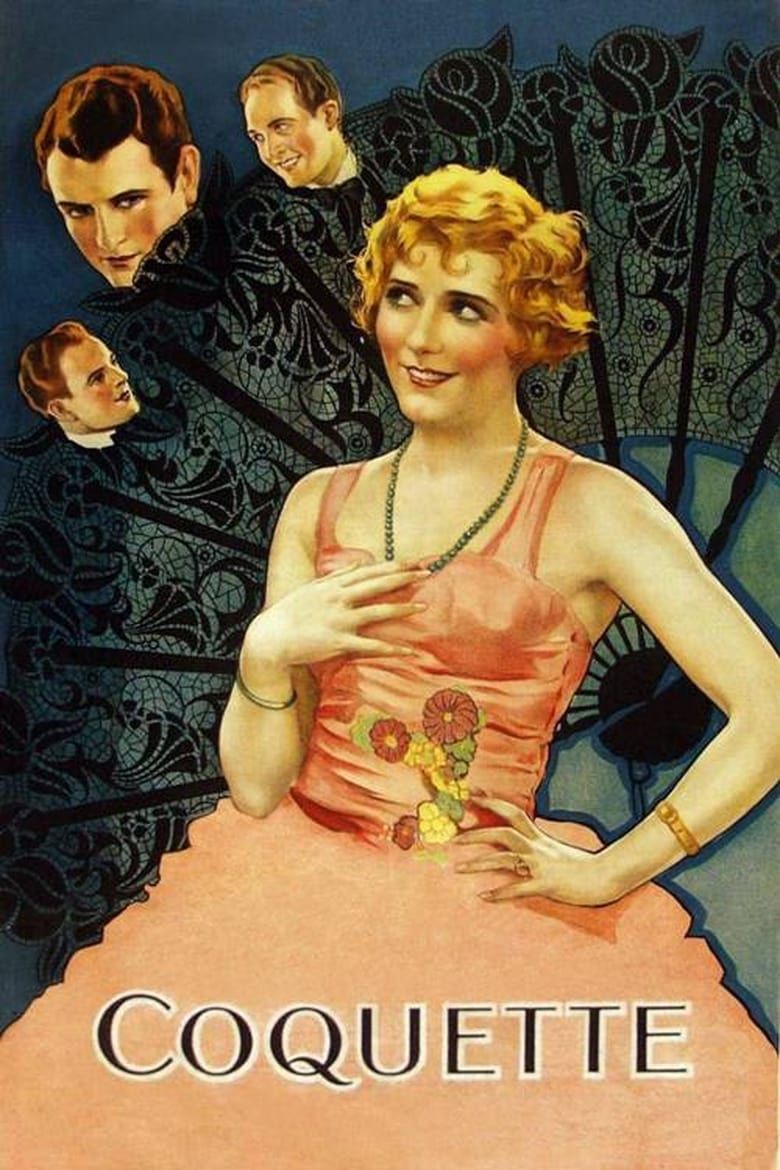
Your changes have been saved
Coquette
Release Date March 30, 1929
Director Sam Taylor
Cast Johnny Mack Brown , Mary Pickford , Matt Moore , John St. Polis , William Janney , Henry Kolker , George Irving , Louise Beavers , Phyllis Crane , Joseph Depew , Robert Homans , Vera Lewis , Craig Reynolds
Runtime 76 minutes
Coquette is currently not available to stream, rent, or purchase in the U.S.
2 1930s: Luise Rainer
'The Great Ziegfeld' (1937)
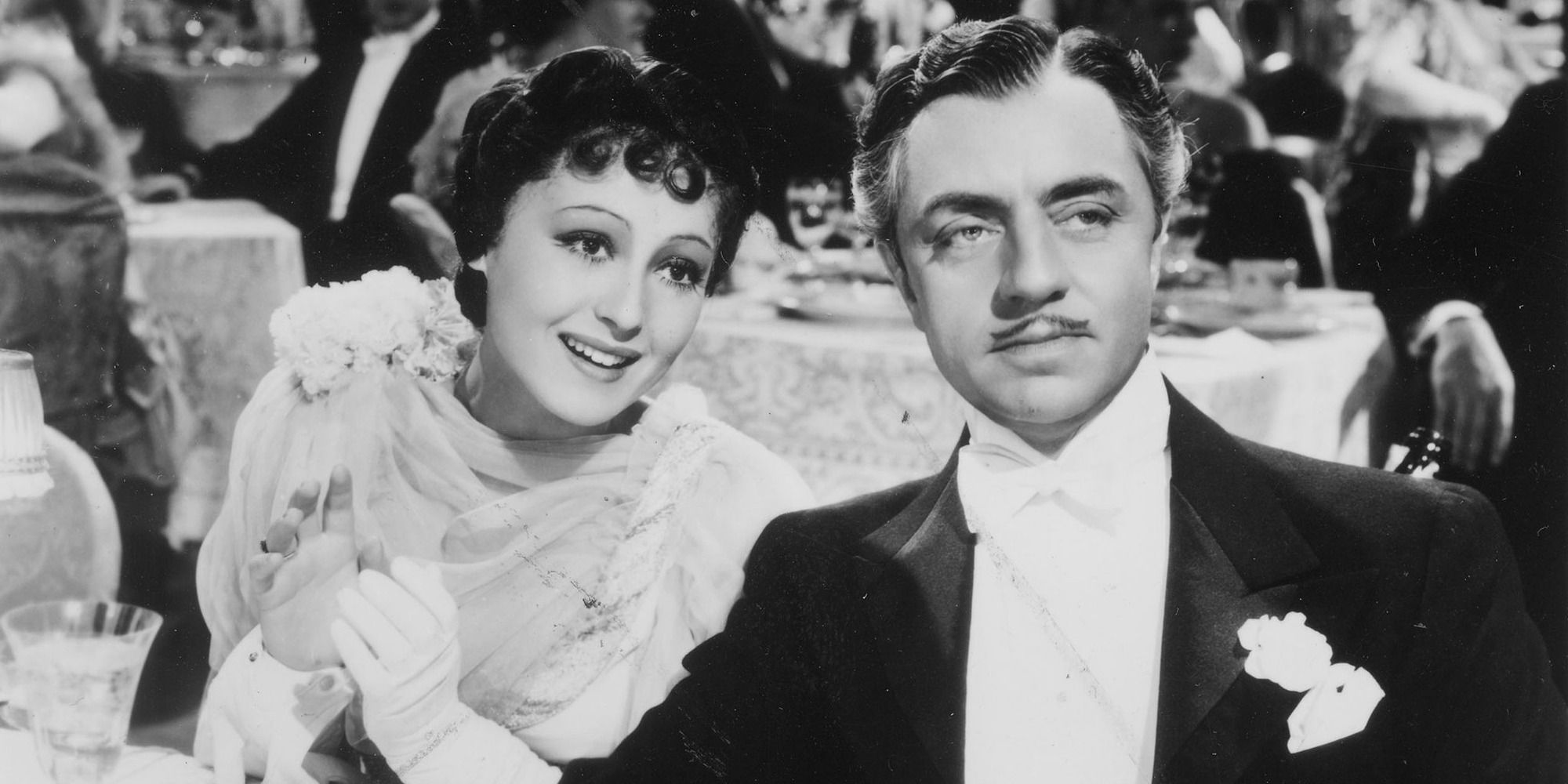 Image via Loew's Inc.
Image via Loew's Inc. To be fair, it wasn't until the 1940s that the Academy started finding its footing. In the 1930s, they made a wide variety of choices that were questionable at best and laughable at worst, in pretty much every category that existed back then. While not the worst Best Picture winner of the '30s, The Great Ziegfeld certainly competes for the label. It's the true story of the eponymous Florenz Ziegfeld Jr., one of the most famed producers in Broadway's history. Reveling in the lavish excess of its subject's stage revues, the film is a nearly three-hour-long biopic epic (in fact, the first biopic to win Best Picture) with a trio of flashy performances from William Powell, Myrna Loy, and Luise Rainer.
Despite having very little screen time and very clearly being in a supporting role, Rainer won the Best Actress award in 1937. She actually received third billing for the movie, Myrna Loy (who doesn't show up on screen until a whopping 2 hours and 15 minutes in) receiving second. It's a fine but ultimately pretty forgettable performance, and certainly not nearly as good as Rainer's winning peers from the '30s. Rainer has the unfortunate distinction of also having another widely contested Oscar, as she won the following year for The Good Earth, where she appears in yellowface as a Chinese woman. Although this made Rainer the first performer to win back-to-back Oscars, both her wins are widely considered among the all-time worst, and for good reason.
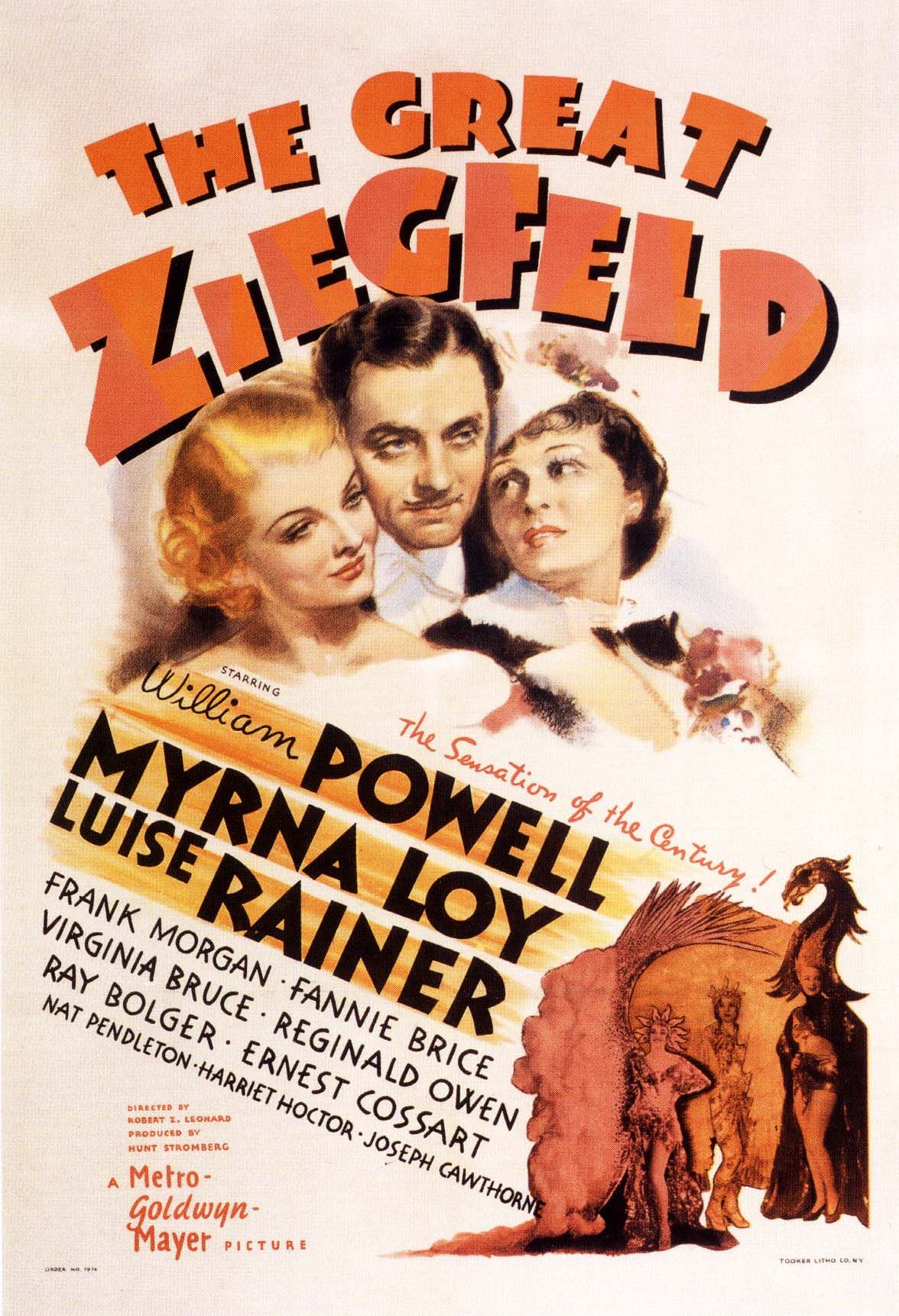
Your changes have been saved
The Great Ziegfeld
Release Date September 23, 1936
Director Robert Z. Leonard
Cast William Powell , Myrna Loy , Luise Rainer , Frank Morgan
Runtime 176 minutes
3 1940s: Loretta Young
'The Farmer's Daughter' (1947)
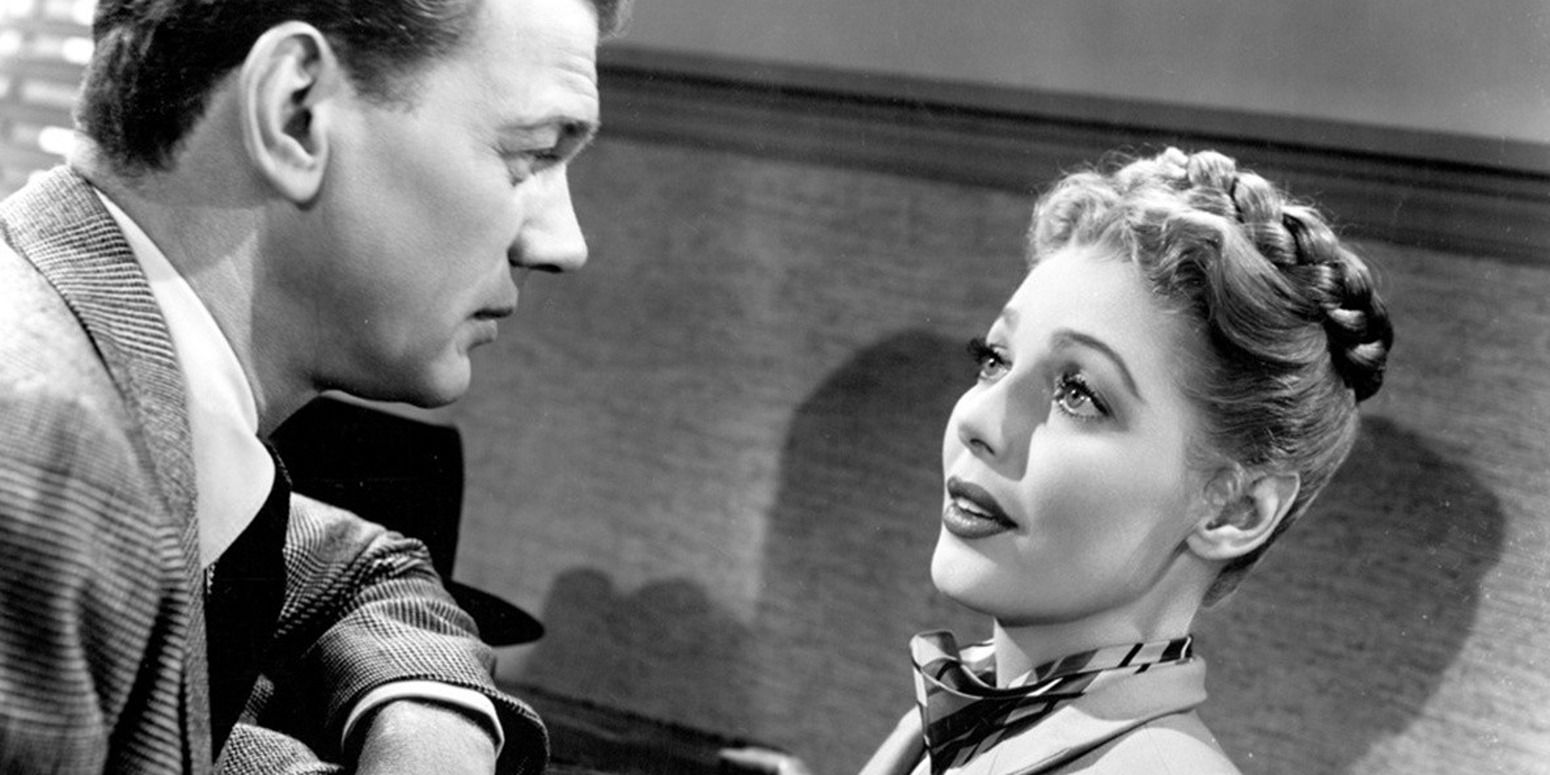 Image via RKO Radio Pictures
Image via RKO Radio Pictures In the rather forgotten comedy film The Farmer's Daughter, a young woman finds herself on an unexpected path toward politics after leaving her family's farm to study nursing in the city. Though it has been swept away by the tides of time, the film is deserving of much more recognition than it gets nowadays as a powerful examination of post-WWII American democracy. Poignant, honest, and politically complex, it's one of the best satire films of Hollywood's Golden Age.
While it's certainly a good film, Loretta Young's performance is remembered as one of the most underwhelming Best Actress winners of the Golden Age of Hollywood. Though it had the strength of being the first comedic performance to win the award since Claudette Colbert for It Happened One Night in 1935, it was also widely agreed that that year's award belonged to Rosalind Russell for her breakthrough performance in Mourning Becomes Electra, resulting in an upset that hasn't aged well even nearly eighty years later. Still, those who have watched the movie agree that Young is delightfully charming in it. Oscar-worthy? Perhaps not. But a good piece of acting? Beyond a shadow of a doubt.
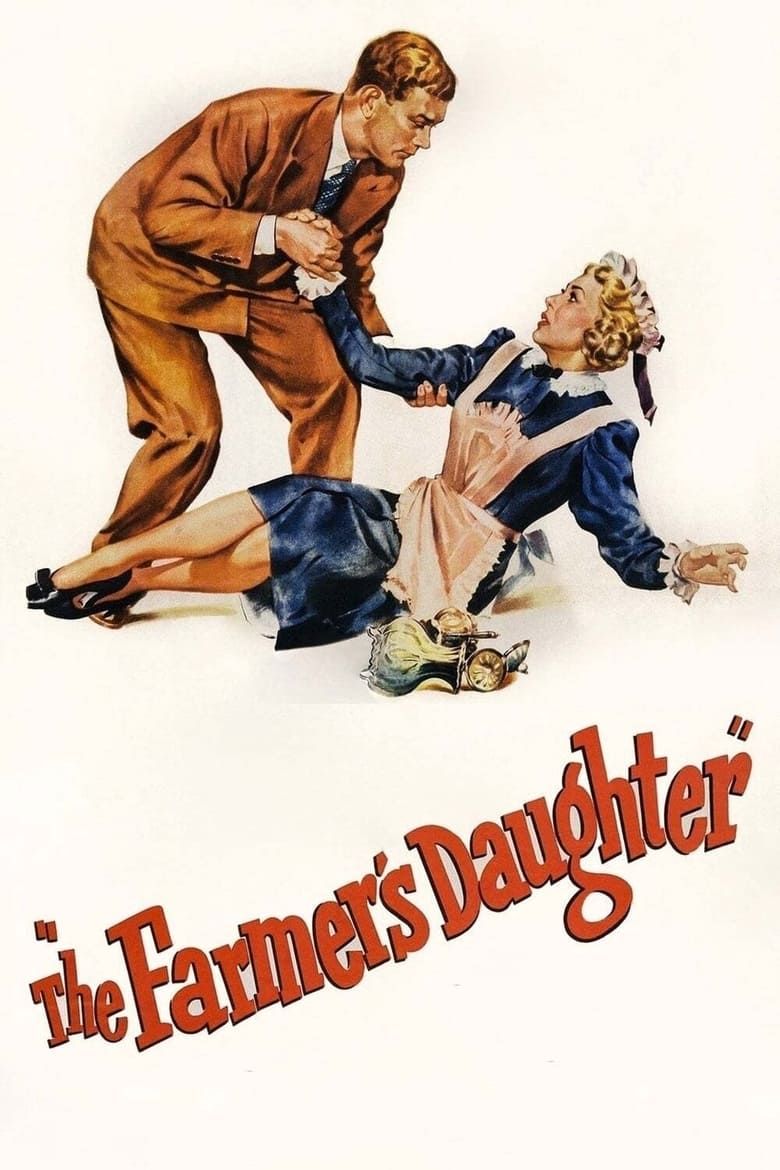
Your changes have been saved
The Farmer's Daughter
Release Date March 26, 1947
Director H. C. Potter
Cast Joseph Cotten , Loretta Young , Ethel Barrymore , Charles Bickford , Rose Hobart , Rhys Williams , Harry Davenport , Tom Powers , William Harrigan , Lex Barker , Harry Shannon , Keith Andes , Thurston Hall , Art Baker , James Arness , Anna Q. Nilsson , William Bakewell , Bess Flowers , Charles McGraw , Jason Robards Sr. , Brandon Beach , Joe Gilbert
Runtime 97 minutes
The Farmer's Daughter is currently not available to stream, rent, or purchase in the U.S.
4 1950s: Ingrid Bergman
'Anastasia' (1956)
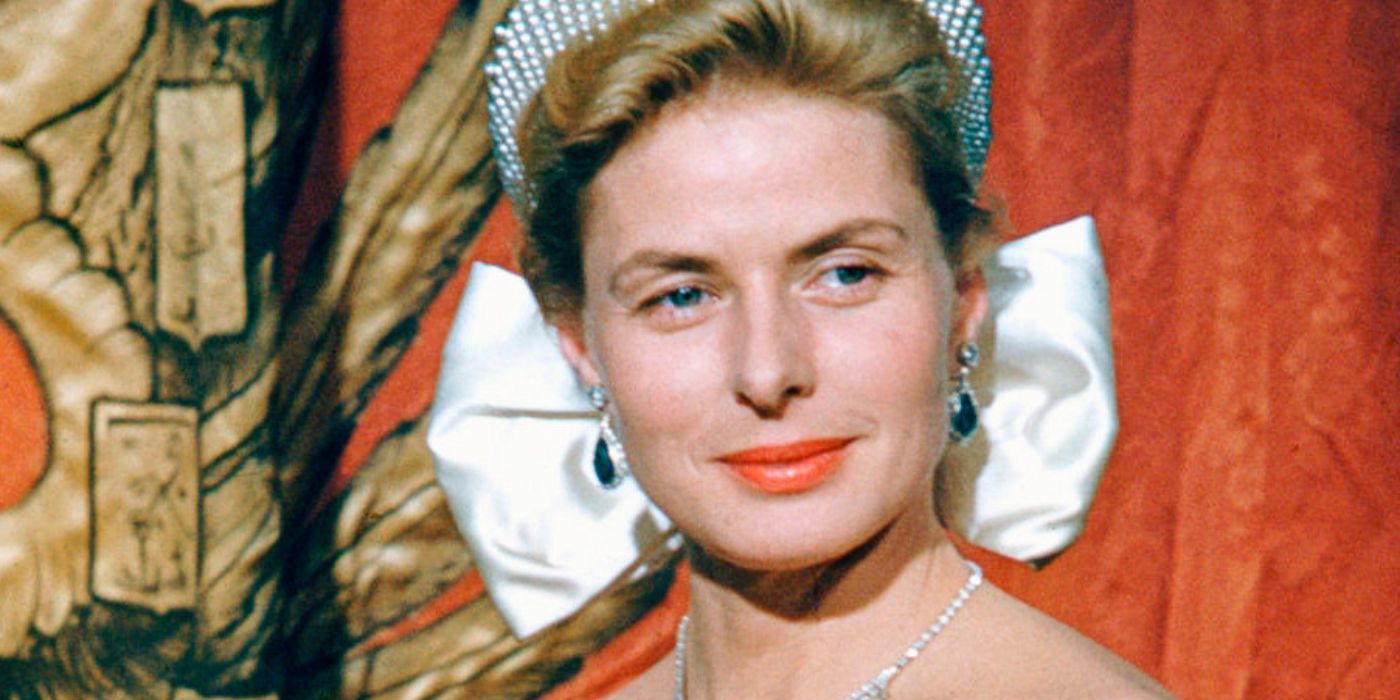 Image via 20th Century Studios
Image via 20th Century Studios Ingrid Bergman was undoubtedly one of the greatest actresses who have ever graced the silver screen. She was nominated for seven statuettes throughout her career and is one of the few actresses to win three Oscars. The second one was awarded twelve years after her first (that one for Gaslight) thanks to Anastasia, a historical drama based on the story of famous Grand Duchess Anastasia's impostor Anna Anderson, who was so convincing that even the biggest skeptics believed her.
The '50s had numerous incredible Best Actress winners, and Bergman is certainly one of them. Her performance as Anderson is terrific, full of mystery and pathos. However, it just doesn't offer the kind of pizazz that she had proved herself capable of delivering before, failing to make her performance live up to the likes of Vivien Leigh in A Streetcar Named Desire or Audrey Hepburn in Roman Holiday, perhaps the two greatest Best Actress winners of the '50s. In the end, Bergman's second Oscar win felt more like a PR stunt to reignite her star image than as a deserved reward for an unexceptional performance. Deborah Kerr's now-timeless performance in The King and I would have been a more deserving winner.
Your changes have been saved
Anastasia
Release Date December 13, 1956
Director Anatole Litvak
Cast Ingrid Bergman , Yul Brynner , Helen Hayes , Akim Tamiroff , Martita Hunt , Felix Aylmer , Sacha Pitoëff , Ivan Desny , Natalie Schafer , Grégoire Gromoff , Karl Stepanek , Ina De La Haye , Katherine Kath
Runtime 105 minutes
5 1960s: Elizabeth Taylor
'BUtterfield 8' (1960)
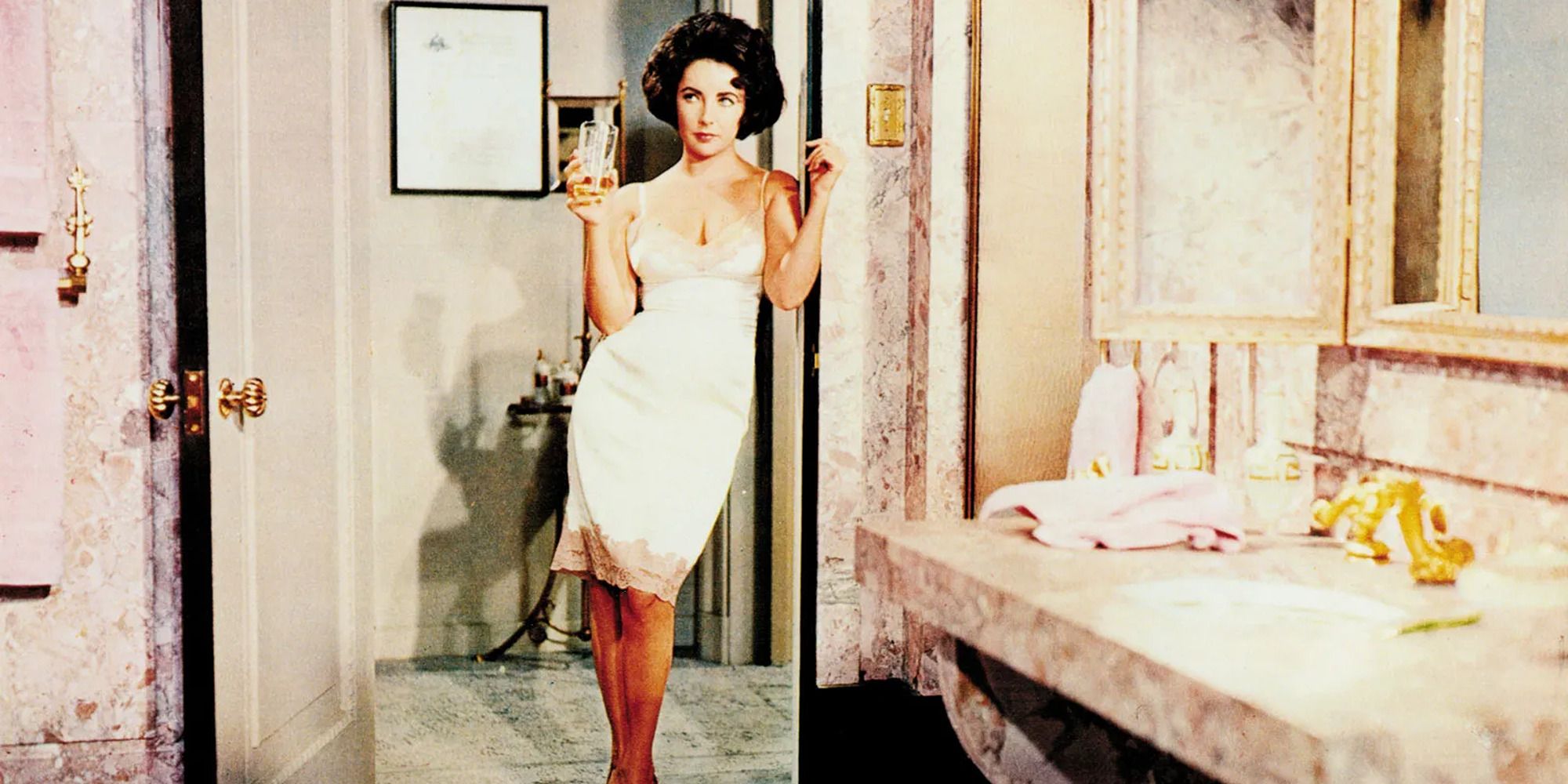 Image via MGM
Image via MGM The iconic Elizabeth Taylor was the very embodiment of an archetypal Classic Hollywood star. Glamorous, beautiful, and dripping with talent, she was one of the best actresses in film history. Her first Oscar came for BUtterfield 8, a tragic romance drama where a beautiful model who enjoys a very active night-life sees her life changed when she falls for a married man. Taylor only made BUtterfield 8 to fulfill her contractual obligations to MGM and remained a staunch detractor of it throughout the years.
Taylor herself thought she was undeserving of the award, and one can certainly see her disdain for the material in her performance. Taylor was physically incapable of delivering a downright bad performance, so her work on BUtterfield 8 is rich and complex, but certainly not worthy of an Oscar. The win came after many believed she was snubbed for her much worthier performance in 1958's Cat on a Hot Tin Roof. Shortly before her Oscar win, Taylor also survived a severe bout of pneumonia that required surgery, prompting enormous sympathy for her, which no doubt earned her more voters than she would have gotten otherwise. Shirley MacLaine, who is often viewed as the rightful winner of the 1961 Oscar for her iconic and much better-remembered work in The Apartment, famously declared: "I lost to a tracheotomy."
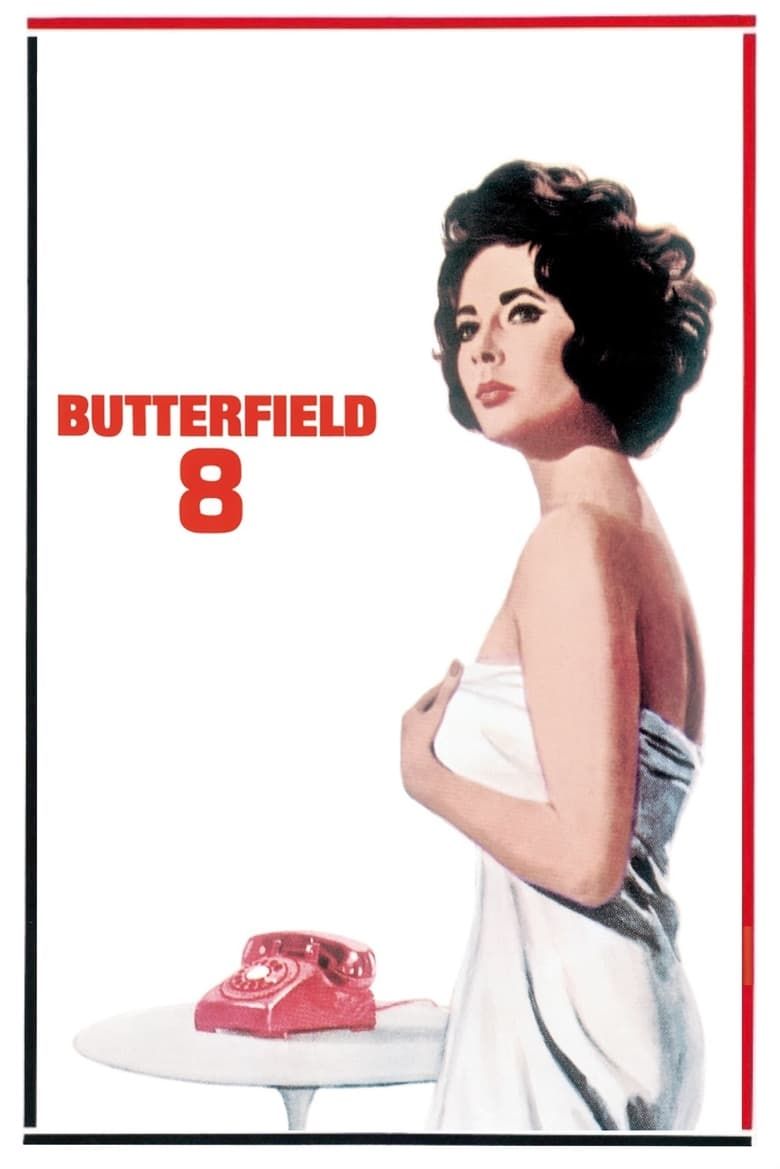
Your changes have been saved
BUtterfield 8
Release Date November 4, 1960
Director Daniel Mann
Cast Elizabeth Taylor , Laurence Harvey , Eddie Fisher , Dina Merrill , Mildred Dunnock , Betty Field , George Voskovec , Jeffrey Lynn , Susan Oliver , Kay Medford , Alex Mann , Tom Ahearne , John Armstrong , Dan Bergin , Joseph Boley , Rudy Bond , Don Burns , Whitfield Connor , Robert Dahdah , Vernon Dowling , Virginia Downing , Frank Farmer , Philip Faversham , Tom Gorman , Joe Hamer
Runtime 109 minutes
6 1970s: Jane Fonda
'Coming Home' (1978)
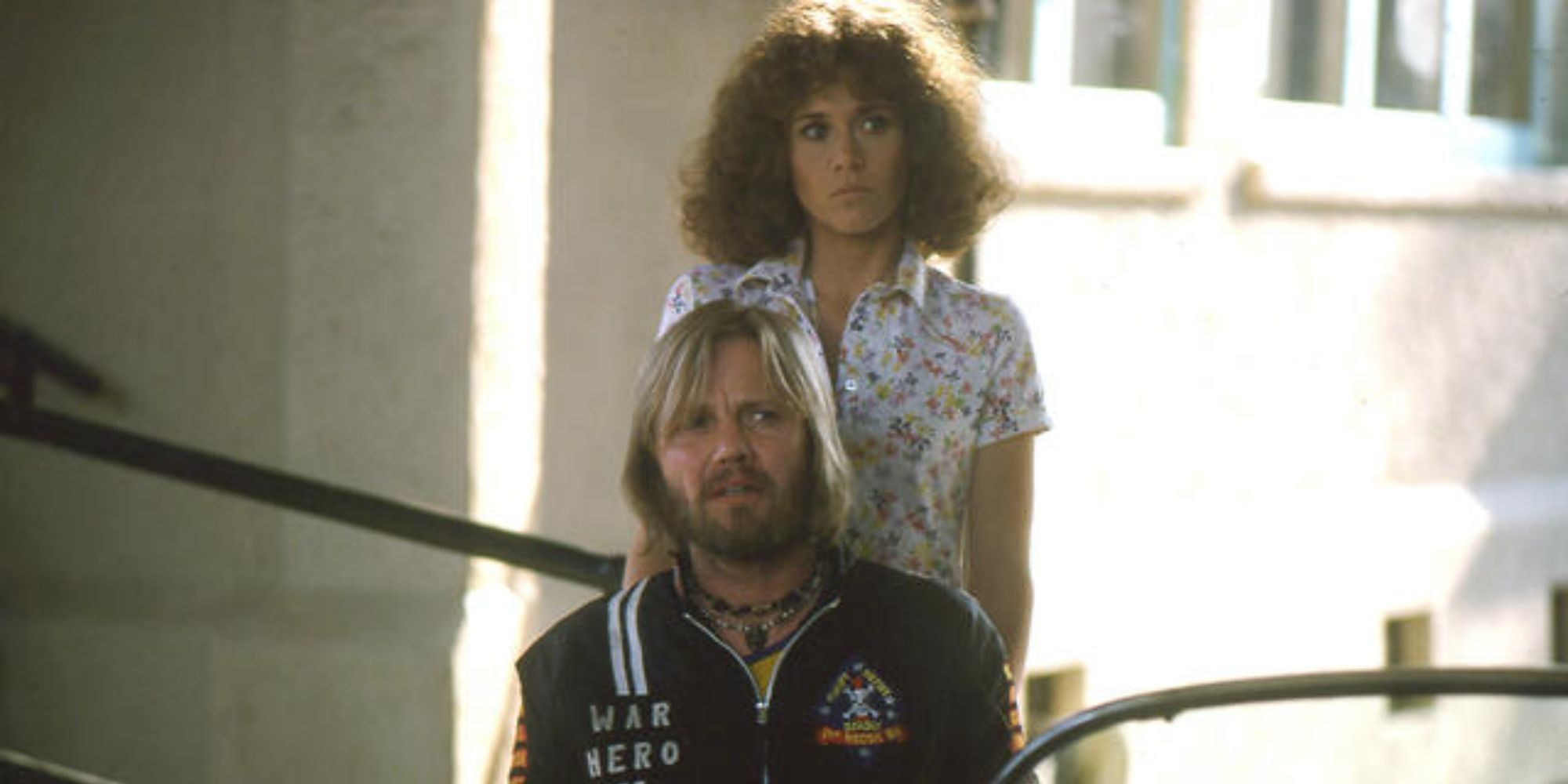 Image via United Artists
Image via United Artists Jane Fonda, daughter of equally legendary Hollywood icon Henry Fonda, is one of the most acclaimed actresses of her generation, and for good reason. However, Coming Home, the romantic war drama that gave her a second Oscar (her first one being for 1971's Klute), is far from her best film—and just as far from being her best performance. In it, a woman whose husband is an officer fighting in Vietnam falls in love with a former high school classmate who suffered a paralyzing injury during the war.
To be fair, the performances by Fonda, Jon Voight (who also won an Oscar for his performance), and Bruce Dern (who was nominated) are the film's best elements, making the love triangle at its center surprisingly compelling. Fonda is terrific in the lead, but her performance is too passive for her to stand shoulder-to-shoulder with other incredible Best Actress winners of the '70s, such as Louise Fletcher in One Flew Over the Cuckoo's Nest and Diane Keaton in Annie Hall. Ingrid Bergman delivered a far more powerful and timeless performance in Ingmar Bergman's Autumn Sonata.
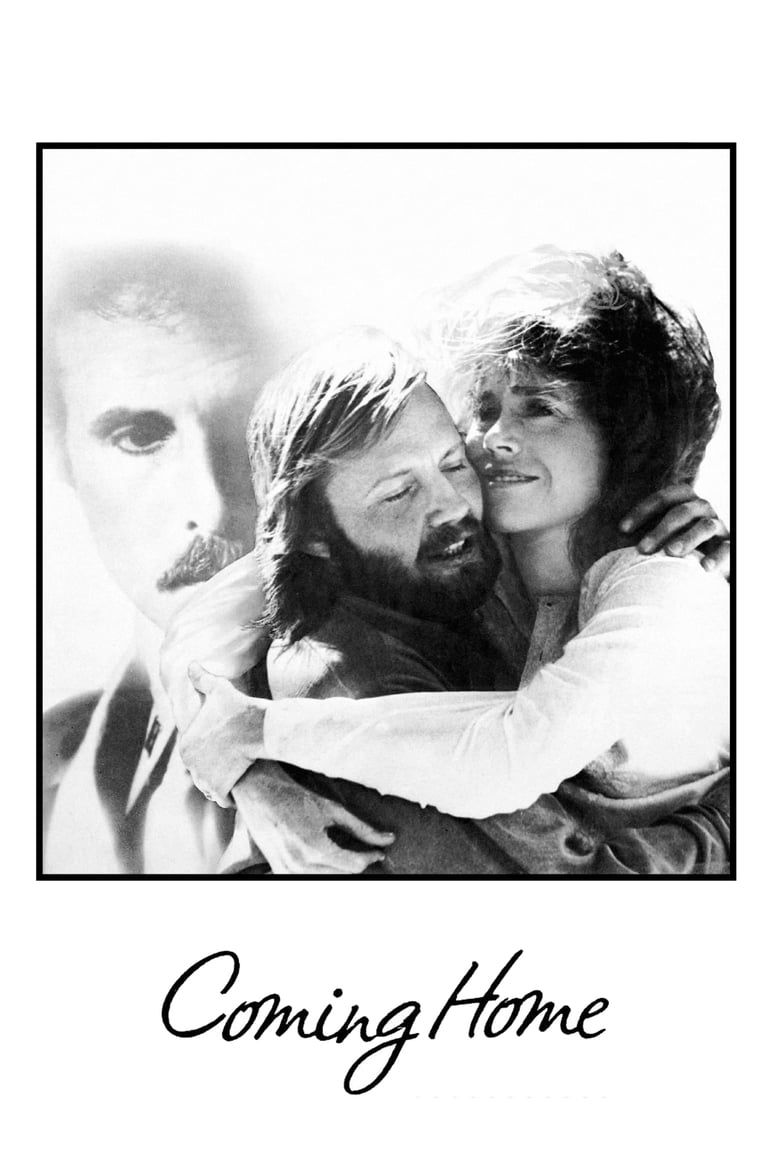
Your changes have been saved
Coming Home
Release Date February 15, 1978
Director Hal Ashby
Runtime 127 Minutes
Coming Home is currently not available to stream, rent, or purchase in the U.S.
7 1980s: Sally Field
'Places in the Heart' (1984)
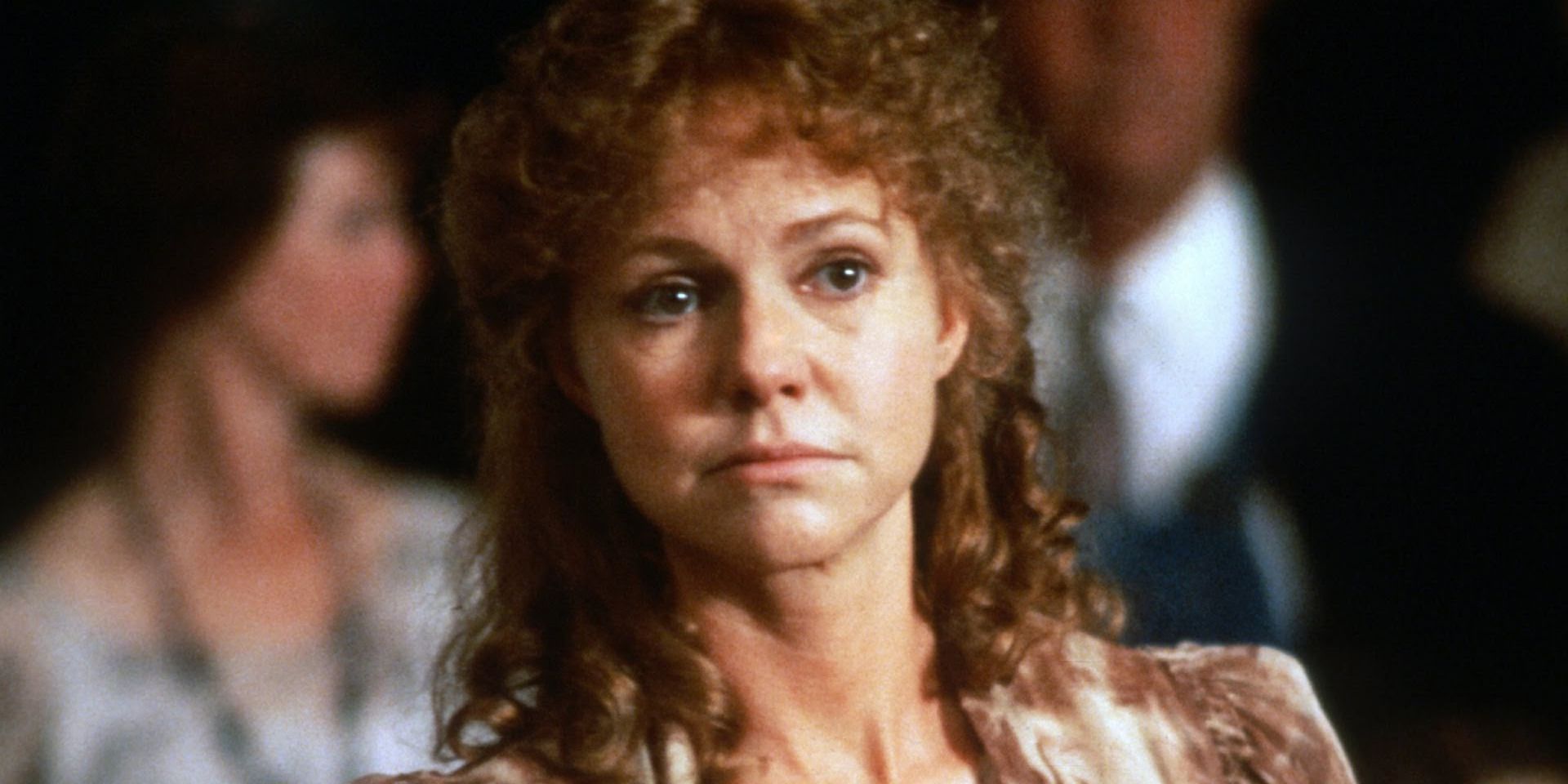 Image via Tri-Star Pictures
Image via Tri-Star Pictures In 1980, Sally Field won her first Oscar for her tour-de-force performance in Norma Rae. Five years later, she won a second statuette for a much more forgettable performance in Places in the Heart, a drama where a widow with two children from 1930s Texas tries to save her small farm with the help of a blind boarder and a handyman.
Field effortlessly plays the likable and sympathetic role, but the script doesn't give her much room for the nuance and emotional complexity that she undeniably showed in Norma Rae. As a result, Field's performance ends up being much more forgettable than her co-stars ', John Malkovich and Danny Glover, and certainly more than other winning performances of the '80s. Field's win is also notorious for her now-infamous and often imitated—and misquoted—speech, where she proudly and tearfully declared the Academy "liked her." "Right now, you like me!" she said, and she wasn't wrong.
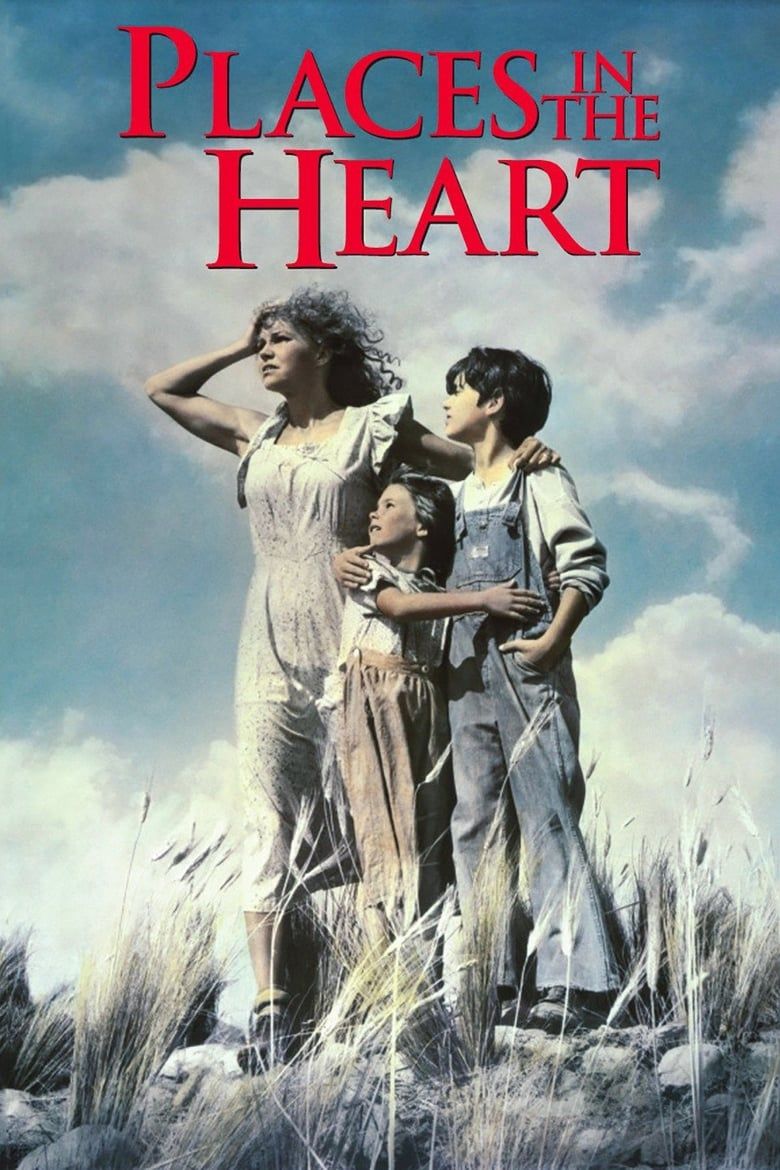
Your changes have been saved
Places in the Heart
Release Date September 11, 1984
Director Robert Benton
Runtime 111 minutes
8 1990s: Gwyneth Paltrow
'Shakespeare in Love' (1998)
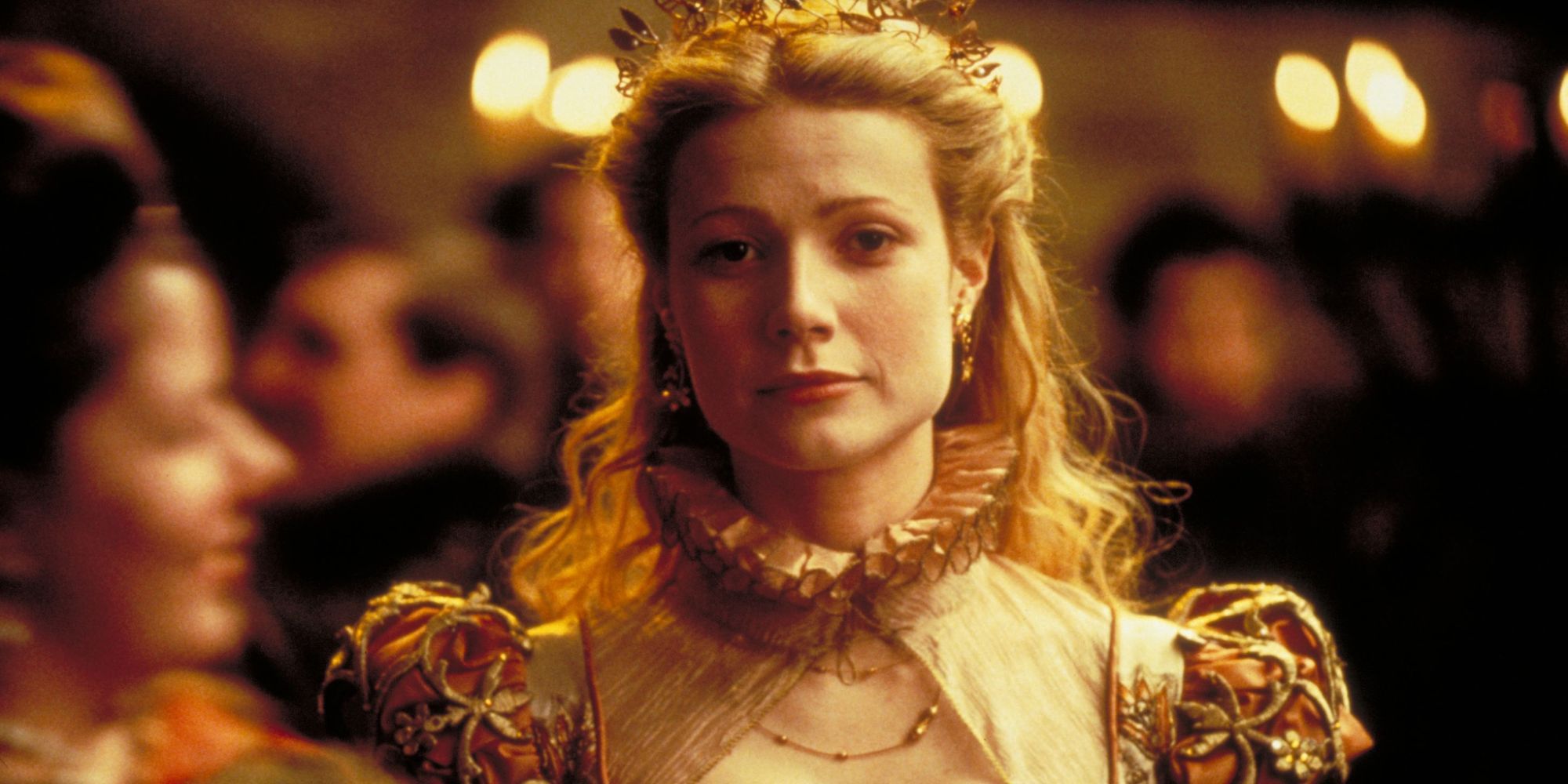 Image via Miramax Films
Image via Miramax Films When the label "undeserving Oscar winner" gets tossed around, it's most likely that Gwyneth Paltrow's name will come up first in the conversation. Her win for Shakespeare in Love, an unfairly maligned drama about the titular playwright falling in love with a woman who becomes his muse, is still remembered as one of the most baffling victories in the history of the Oscars—if not the single weakest in this category.
Shakespeare in Love gets a lot more hate than it deserves, being a pretty solid period piece with an interesting script. Paltrow's performance is okay, too, but okay performances shouldn't win Oscars. She couldn't elevate such a deceitfully tricky role, and it's clear throughout the whole film that she's struggling with the more emotionally demanding scenes. What taints her work—and the film—even more is the dark Harvey Weinstein-centric conspiracy behind its sweep at the 1999 Academy Awards. Paltrow is good in Shakespeare in Love. But better than Cate Blanchett in Elizabeth and especially Fernanda Montenegro in Central Station? Definitely not.
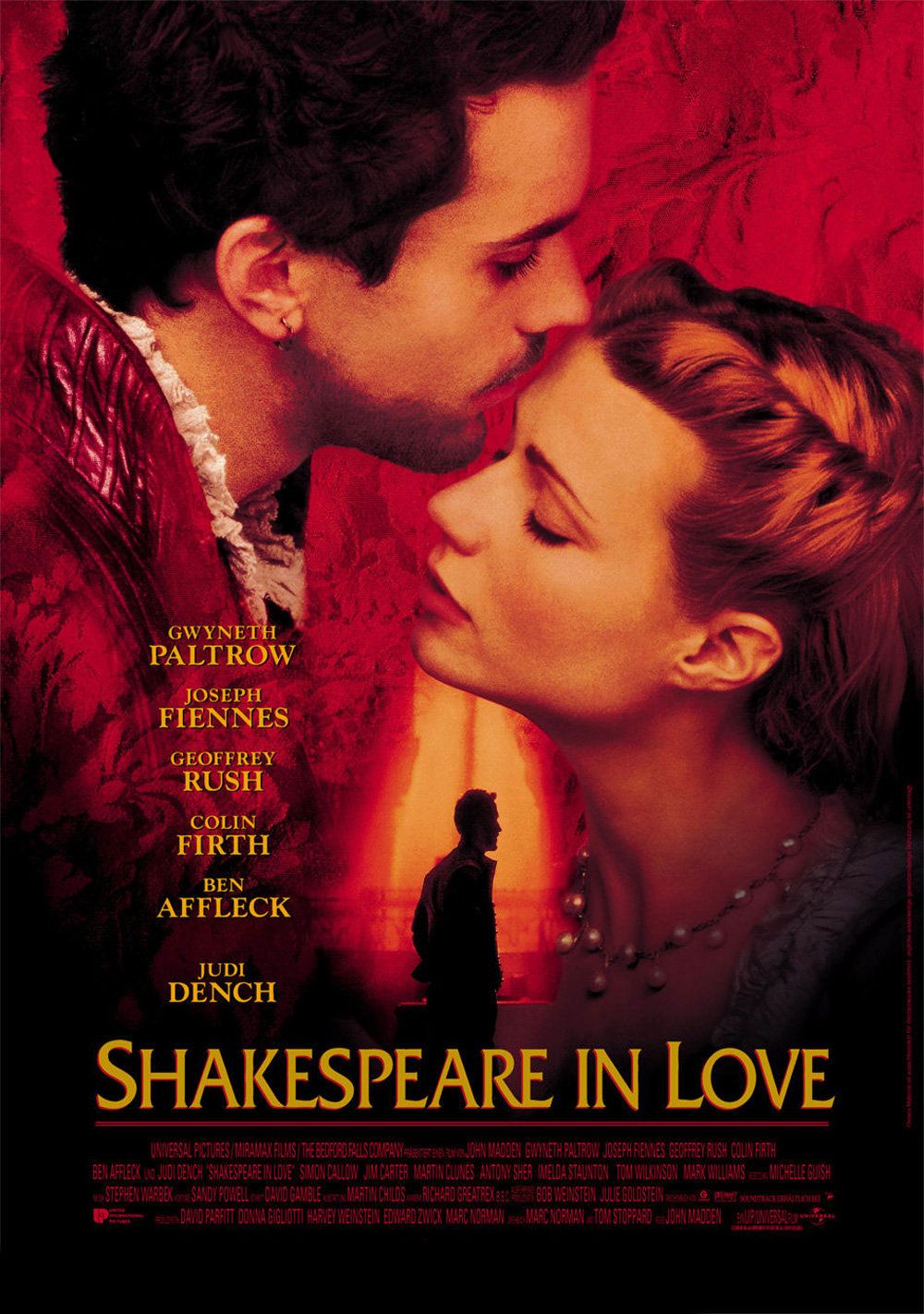
Release Date January 29, 1998
Runtime 122
9 2000s: Sandra Bullock
'The Blind Side' (2009)
 Image via Warner Bros. Pictures
Image via Warner Bros. Pictures There are plenty of Oscar-winning movies that haven't aged well, but the recent controversy surrounding The Blind Side has probably put it near the top of that list. Still, even before these recent revelations, there was a lot wrong with this white-savior drama ever-so-slightly inspired by the real story of Michael Oher, a homeless boy who became an All-American football player and first-round NFL draft pick. According to the film, he achieved this purely thanks to the kind hearts of the Tuohy family, led by matriarch Leigh Anne Tuohy, played by Sandra Bullock.
Bullock is a great actress, having delivered many outstanding performances throughout the years, but her work on The Blind Side is... not it. Cartoonish, with zero subtlety, and with about as much depth as a paddling pool, Bullock's work in The Blind Side is as lackluster as Best Actress Oscar-winning performances come. Her character comes across as unlikable even before the world knew the truth about her, and while Bullock tries her darnedest to elevate the material, the substance just isn't there. The Blind Side is inept at best and offensive at worst, and unfortunately, Bullock's portrayal can't overcome the noise.
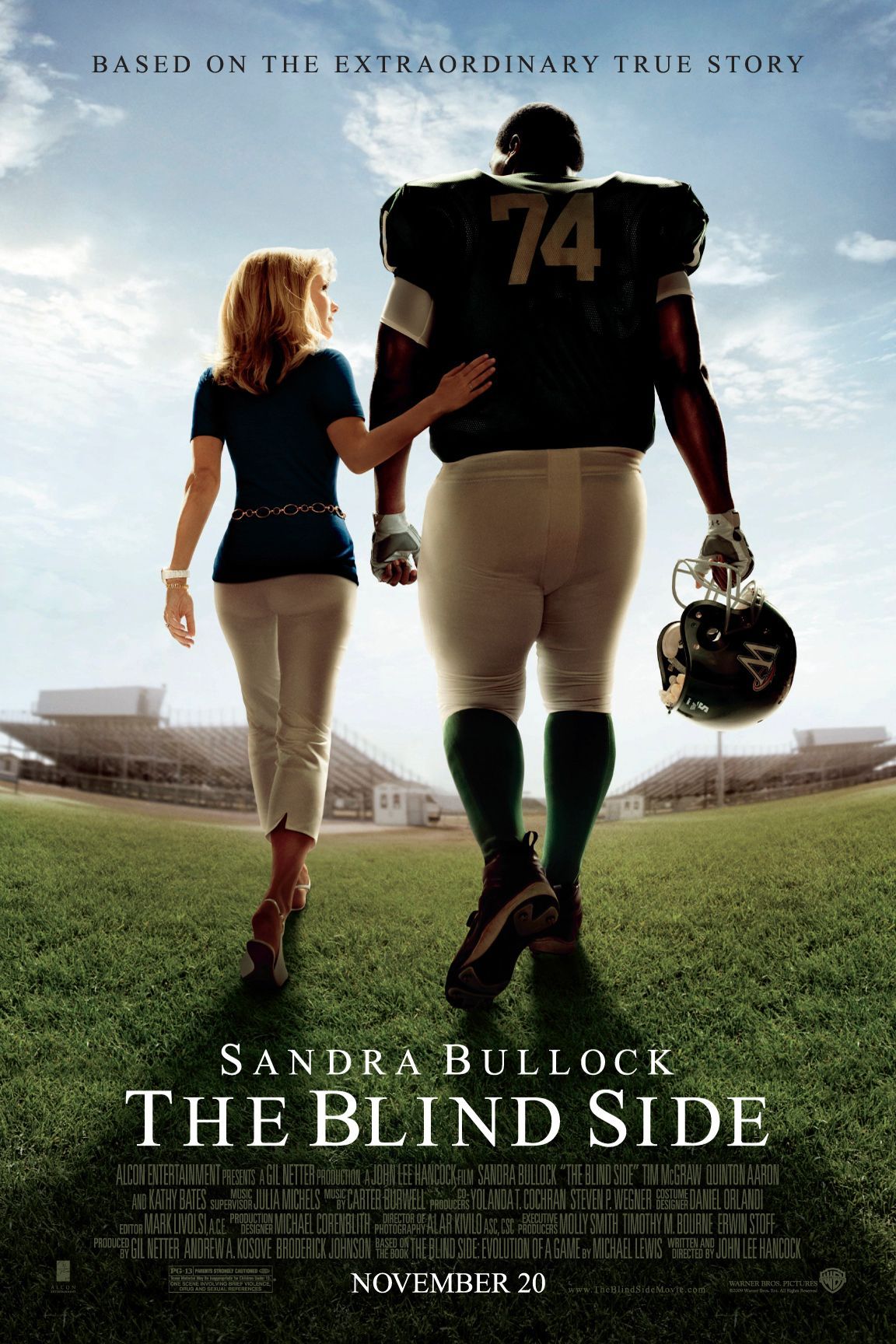
Release Date November 20, 2009
Director John Lee Hancock
Runtime 129 Minutes
10 2010s: Renée Zellweger
'Judy' (2019)
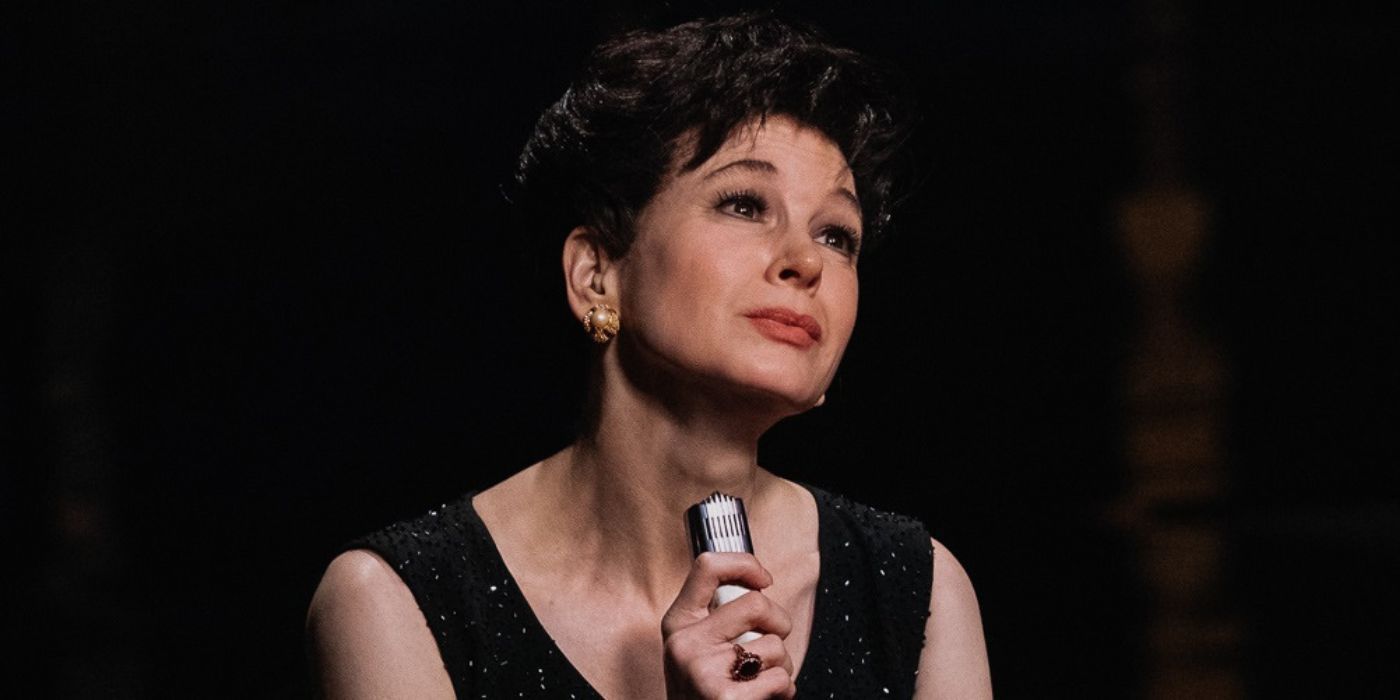 Image via 20th Century Studios
Image via 20th Century Studios The 2010s had many incredible performances by Best Actress winners, save for a few exceptions, like Meryl Streep's shockingly lackluster turn in The Iron Lady. However, there's one that stands out as the weakest of the bunch: Renée Zellweger's convincing but uninspired portrayal of Judy Garland in the biopic Judy, which follows the days leading up to her legendary performances in 1968 London shortly before her death. Judy is one of the blandest of the many Oscar-winning biopics, offering very little insight into the magical essence that made Garland such an iconic star.
It doesn't help that Zellweger's performance consistently comes across as more of an impersonation than as a layered exploration of Judy's psyche, which was what the movie needed to elevate it above typical biopic drama fare. Zellweger is a versatile performer capable of delivering truly inspired work—her performances in Nurse Betty, Bridget Jones's Diary, and Chicago are proof enough. However, none of her Oscar-winning performances are great showcases of her abilities, as both Judy and Cold Mountain feature her at her most gimmicky.
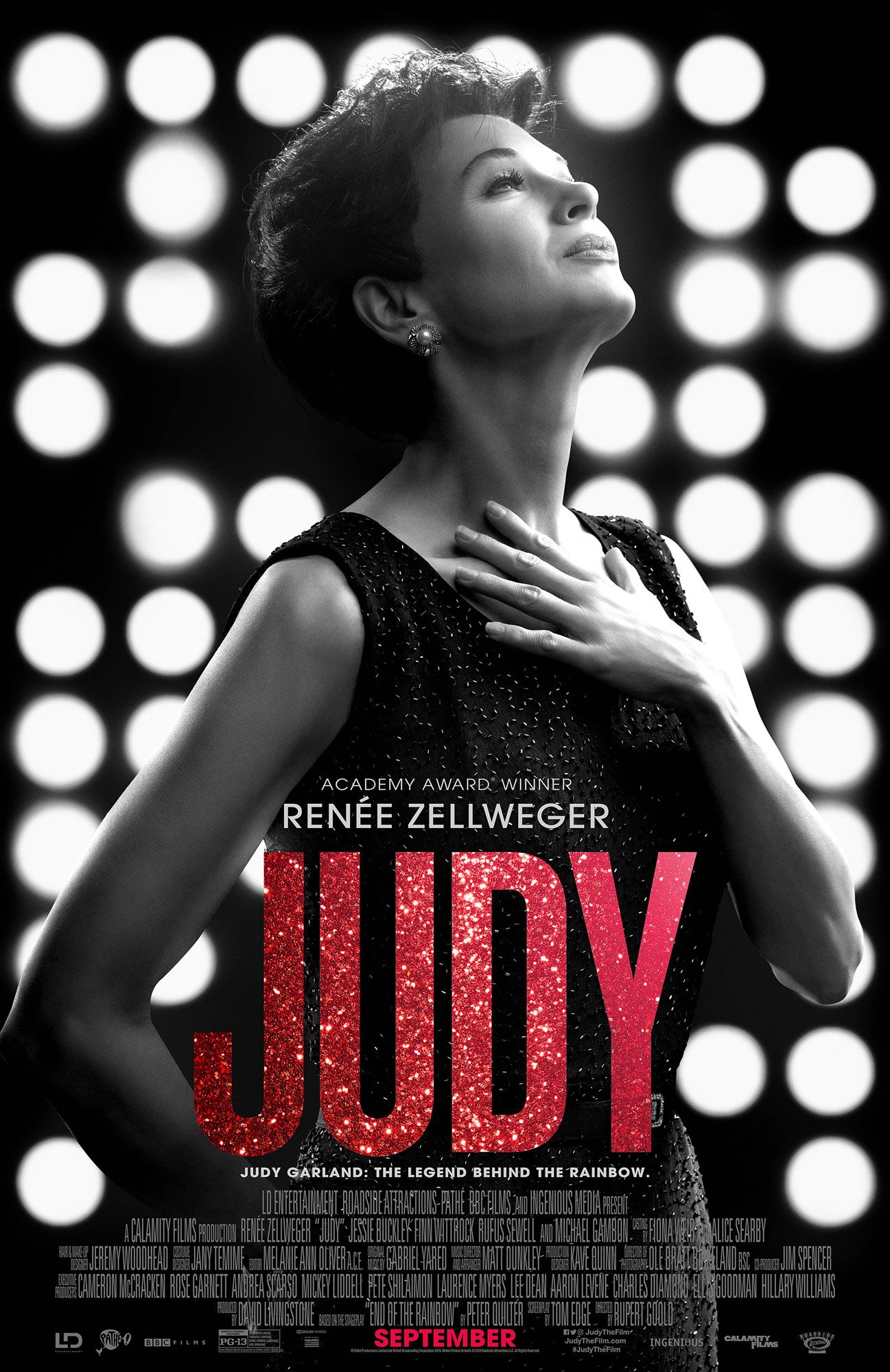
Your changes have been saved
Judy
Release Date September 27, 2019
Director Rupert Goold
Runtime 118
11 2020s: Jessica Chastain
'The Eyes of Tammy Faye' (2021)
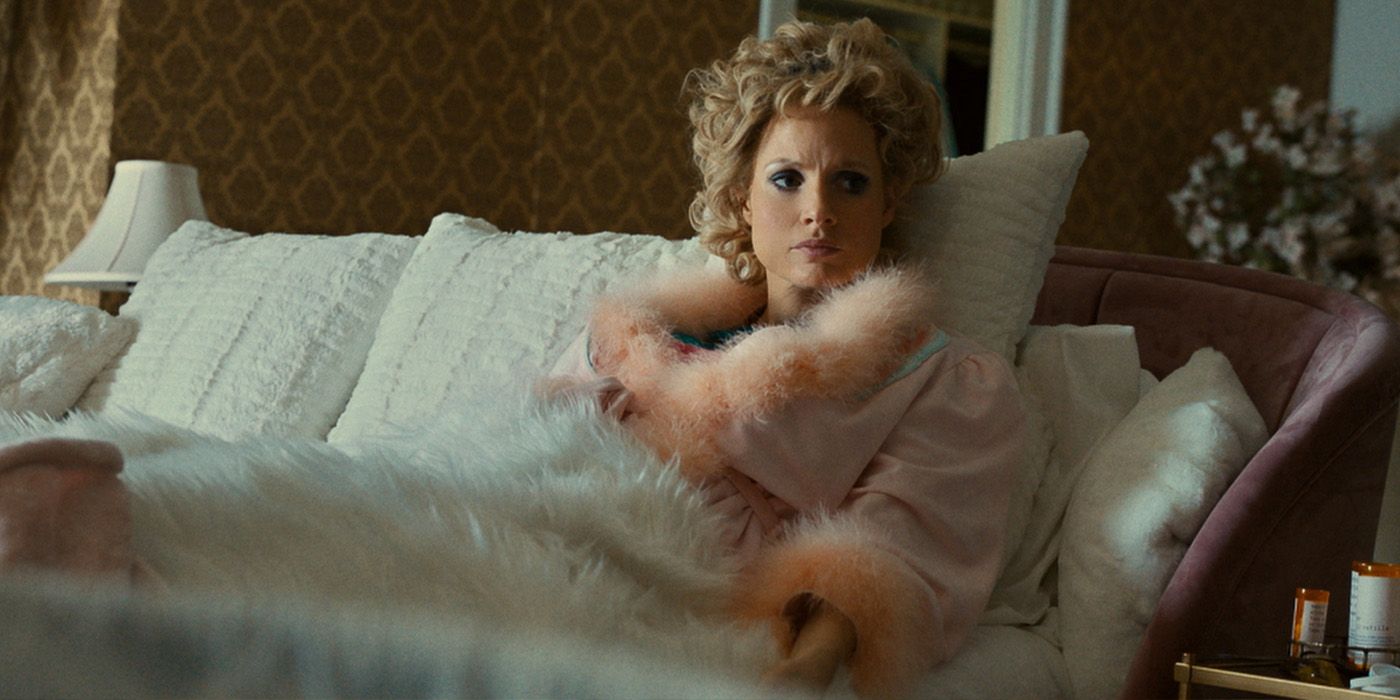 Image via Searchlight Pictures
Image via Searchlight Pictures So far, the 2020s have been shaping up to be a great decade in terms of Best Actress winners. From Frances McDormand's impressively naturalistic and subtle role in Nomadland to Michelle Yeoh's powerhouse performance in Everything Everywhere All At Once to Emma Stone's hilarious and complex work in Poor Things, three of the four recipients of the award this decade have thus far been incredible. However, Jessica Chastain's winning role in The Eyes of Tammy Faye, which explores the life and career of televangelist Tammy Faye Bakker, is by far the least satisfying.
Chastain's victory felt more like a legacy win than truly deserved praise for her work. Though her physical transformation into Faye is impressive, and she gets plenty of the kinds of showy scenes that the Academy typically loves, this is definitely not the actress's best work. To no fault of her own, Chastain didn't get enough material from the lackluster script to deliver a performance that would be remembered as one of its decade's best. Although it's great that an actress of Chastain's caliber has an Oscar, the fact it came at the expense of snubbing Kristen Stewart's career-best work in Spencer and Penélope Cruz's heartbreaking turn in Parallel Mothers is a tragedy.
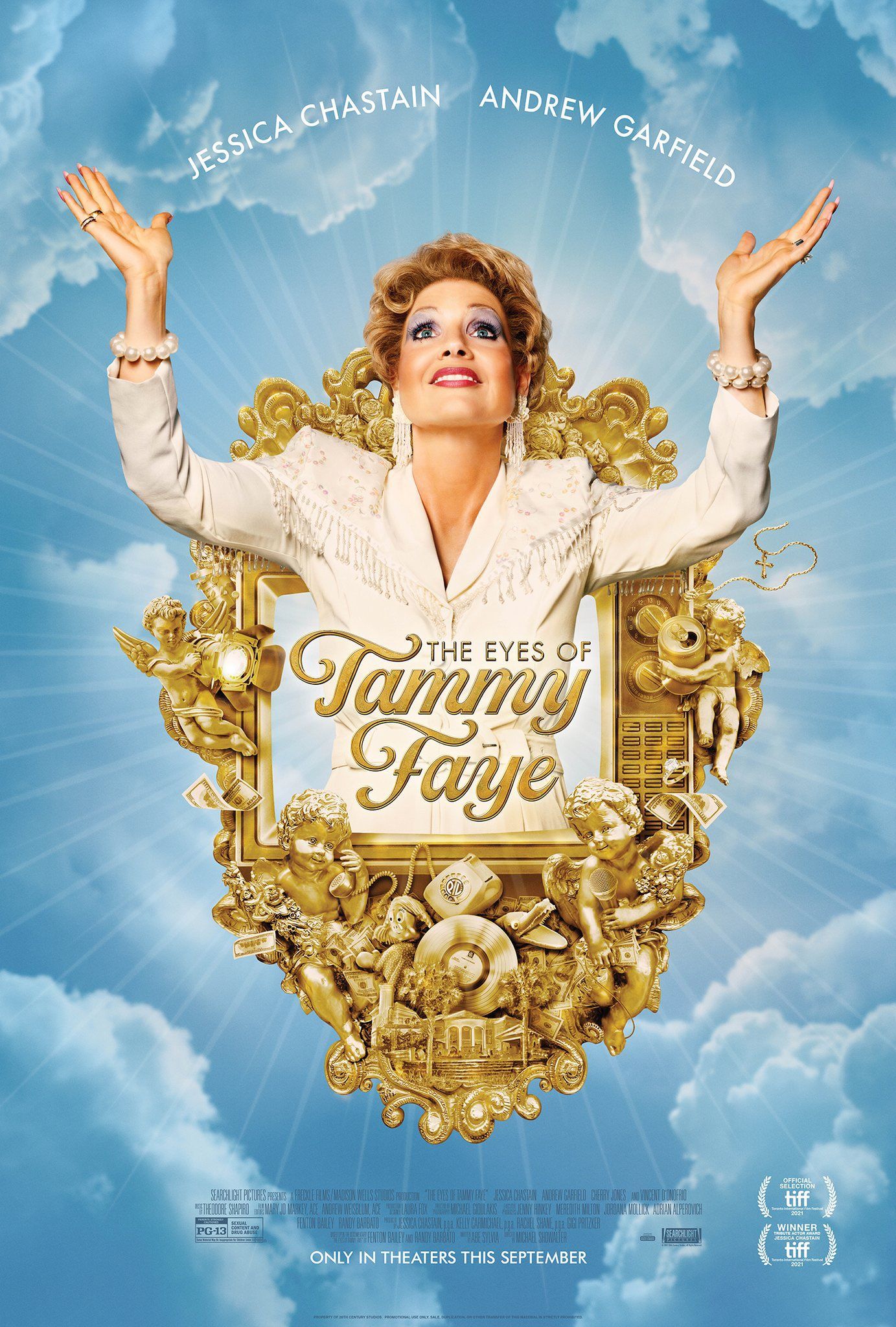
Release Date September 17, 2021
Runtime 126









 English (US) ·
English (US) ·